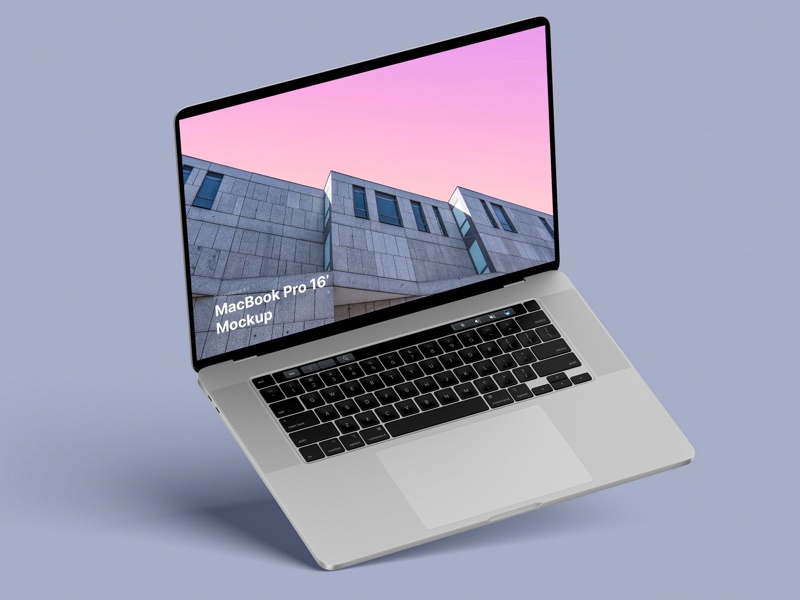Views
562
Replies
15
Status
Closed
Dear members:
I am interested in your opinions on the differences between CCD and CMOS sensors for SLR digital cameras. Which one is the best ? Which provides the best image quality, color fidelity and reproduction, greater color space or color gamut, … ?
I am also interested in reading reviews on published in either print journals/photo magazines or online publications. Are there any reviews you would recommend ?
Thank you in advance and best regards to all.
—
Dr. Joseph Chamberlain, D.D.S.
Oral and Maxillofacial Surgery
I am interested in your opinions on the differences between CCD and CMOS sensors for SLR digital cameras. Which one is the best ? Which provides the best image quality, color fidelity and reproduction, greater color space or color gamut, … ?
I am also interested in reading reviews on published in either print journals/photo magazines or online publications. Are there any reviews you would recommend ?
Thank you in advance and best regards to all.
—
Dr. Joseph Chamberlain, D.D.S.
Oral and Maxillofacial Surgery
Related Tags

MacBook Pro 16” Mockups 🔥
– in 4 materials (clay versions included)
– 12 scenes
– 48 MacBook Pro 16″ mockups
– 6000 x 4500 px
